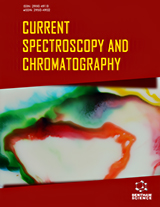Abstract
Objective: Biodiesel production from microalgae is one of the most suitable and promising sources of clean energy. Various environmental factors affect the microalgae growth. Current study investigates two environmental factors namely temperature and light intensity which affect microalgae growth (by Response surface methodology), and suggests properties of the produced biodiesel through two different methods under optimal cultivation conditions such as temperature and light intensity.
Results: The results showed that temperature has the most effect on microalgae growth, so that the optimal temperature and light intensity were obtained to be 30°C and 10 Klux, respectively. Under foresaid conditions, biomass concentration, maximum specific growth rate and biomass productivity were measured to be as high as 1.88 g/L, 0.1180 l/day and 0.1078 g/L/day, respectively. Saturated fatty acids composition in this microalgae include Myristic acid (C14:0 , 41.13%), Palmitic acid (C16:0 , 10.44%) and Stearic acid (C18:0 , 0.82%).
Conclusion: The Cetane number of the produced biodiesel was measured to be 64.4, which shows high capability of the microalgae in biodiesel production.
Keywords: Biodiesel, biomass productivity, saturated fatty acids, specific growth rate, chlorella sp, fossil fuel.
Graphical Abstract






















